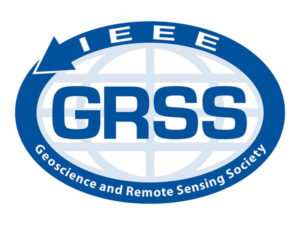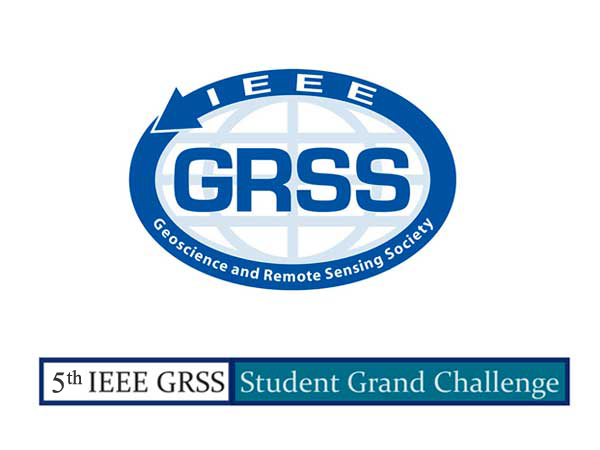
GRSS Special Stream on Intelligent Methods for Water-related Optics Imaging and Remote Sensing
Water environments, including oceans, rivers, lakes, and wetlands, present unique challenges for optical imaging systems due to the complex interactions between light and water. Issues such as light absorption, scattering, turbidity, and dynamic conditions significantly degrade image quality, making it difficult to capture clear and accurate visual information. These factors affect a wide range of applications, from underwater exploration and marine biology to environmental monitoring and water resource management.
This special stream, “Intelligent Methods for Water-related Optics Imaging and Remote Sensing,” focuses on the development and application of intelligent imaging systems specifically designed to overcome the challenges of water-related environments. By integrating artificial intelligence (AI), machine learning, and advanced image processing techniques, the goal is to enhance the clarity, accuracy, and robustness of optical imaging systems in water environments. This issue will serve as a platform for researchers and engineers to explore innovative solutions, from underwater object detection and image restoration to multi-sensor fusion and real-time monitoring of aquatic ecosystems.
List of Topics:
- Provide a list of possible topics to clearly outline the scope of the special issue.
- AI-powered image restoration and enhancement in underwater and water surface environments
- Intelligent underwater object detection and classification using optical imaging
- Adaptive optics and deep learning methods for improving visibility in turbid water
- Multi-sensor fusion techniques (optical, sonar, LiDAR, etc.) for water-based imaging systems
- Machine learning algorithms for removing light scattering and absorption effects in aquatic environments
- Real-time image processing for underwater navigation and monitoring of marine life
- Intelligent systems for monitoring water quality using remote optical imaging
- Applications of intelligent visual systems in underwater archaeology, environmental protection, and marine exploration
- Novel hardware designs for water-related optical imaging with enhanced AI integration
Guest Editors:
- Jingchun Zhou, Dalian Maritime University, China.
- Peng Ren, China University of Petroleum (East China), China.
- Naoto Yokoya, University of Tokyo, Japan.
- Vivone Gemine, Institute of Methodologies for Environmental Analysis, National Research Council, Italy.
- Xuelong Li, Institute of Artificial Intelligence (TeleAI), China Telecom.
Schedule:
Submission System Open: November 10, 2024
Submission System Close: February 10, 2025
All submissions must be formatted using the IEEE standard format (double-column, single-spaced) typically 4-5 pages. Please use the following link to download the article template. All submissions will be peer-reviewed according to the GRSS guidelines. Submitted articles should not have been published or be under review elsewhere. Submit your manuscript to mc.manuscriptcentral.com/grsl, using the Manuscript Central interface, and select our specific stream. Accepted papers are subject to GRSL’s usual publication charges.



























